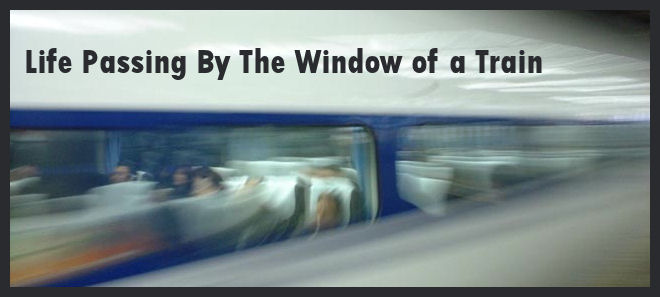I'm taking a break from my final exam (which is discussing the jovial issues of Structural Violence and AIDS in Africa) and I came across another BBC article that made me smile:
One-fifth of Canadians Immigrants
I found this one funny but for a different reason than the last one. Although it accurately states all of the facts, it does so in such a British fashion. I realize that they're talking about first-generation immigrants, but really, in my mind, 99% of all Canadians are immigrants. With the exception of Natives (who, in all probability are actually immigrants from Asia thousands of years ago anyways) all Canadians 'come' from somewhere else. In fact, a large part of our national identity (which is a work-in-progress itself) is the concept of the 'mosaic' - many smaller pictures combining to make up one larger picture.
Maybe I'm reading my own biases too much into it, but it seems very, well, European, to differentiate between foreign-born and national-born residents. As I've mentioned here previously, the best friend I've made in Oslo is a Chinese-Canadian girl from Vancouver. Her family moved to Canada when she was 6 years old (I'm pretty sure?) but I don't think of her as any more or less Canadian than myself (or than my Anglophone roommate from Montreal or than the 2 bilingual girls I know here from the Unversity of Alberta).
I guess it just seems to me that the article places a large difference on 'immigrants' versus 'Canadians' which does make sense because it's an article about immigration, however I just don't get the feeling that the majority of Canadians would view the country through such a dialectical lens. Also, it frames statements in the negative (i.e., "People speaking neither French nor English as their native language now make up 20% of the total population, the highest recorded in the recent past.") Rather than the affirmative (something like "People's who native language is something other than English or French now make up 20% of the total population.")
In fact, compare the BBC article with the equivalent article on the CBC. The CBC article uses terms like "settling in" and "choosing to make their hometown," and opting for phrases like "newcomers" and "residents born outside of Canada" rather than the somewhat blunt and clearly differentiating "foreign-born."
The immigrants immediately become Canadians, they are Canadians, they're not separate from us.
Not that the BBC article is bad or wrong by any means, I just find the difference in tone and approach interesting from a cultural perspective.
Subscribe to:
Post Comments (Atom)





1 comment:
Has the sam Harry Potter feel as 'Muggles'!
Post a Comment